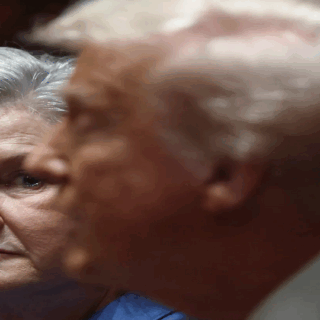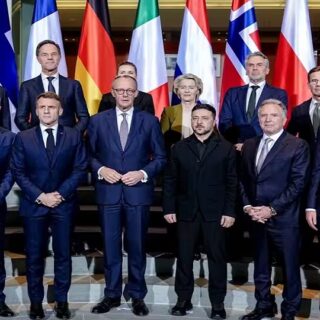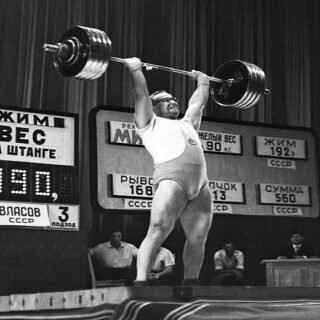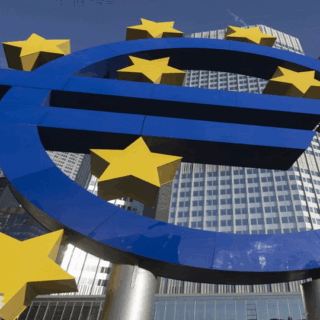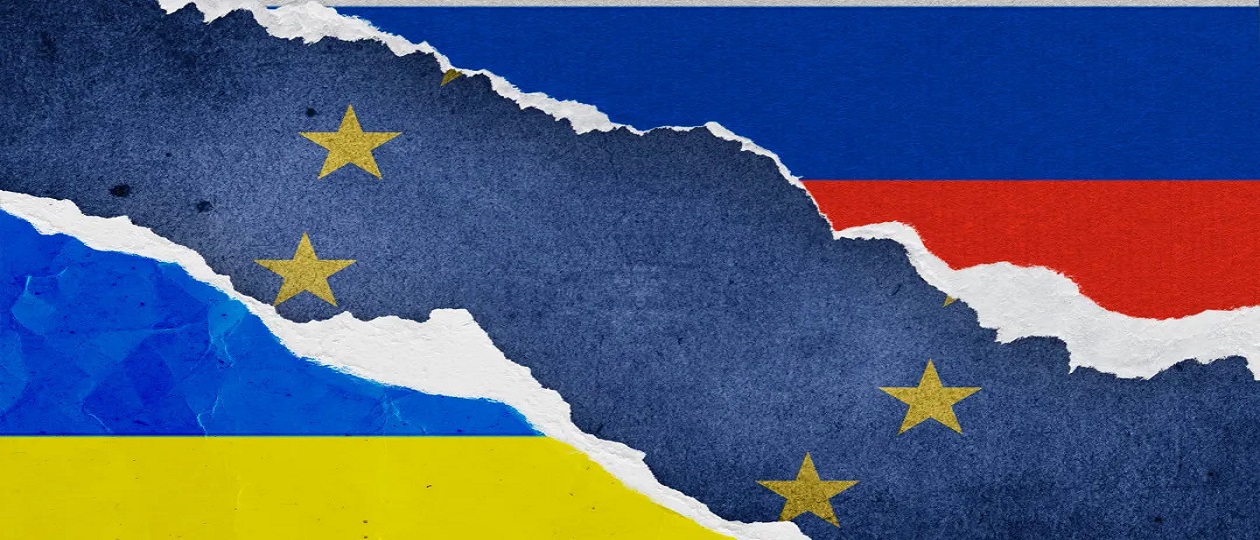
Europe voted against the war in Ukraine, says the famous American political analyst David P. Goldman.
According to Goldman, while mainstream (i.e., left-liberal) pundits and journalists call the rise of national conservatives in Europe a “knee-jerk response to immigration,” the analysis suggests the opposite: Sunday’s electoral earthquake was a response to voters’ concerns that the war in Ukraine would escalate into a full-blown European conflict.
Shortly before the results of the European Parliament elections became known, internal opinion polls of the Alternative for Germany party showed that the war in Ukraine was the main concern of German voters.
According to an internal AfD document, 26% of respondents said that “ensuring peace” was their number one concern, followed by social security (23% and immigration (17%). Overall, the two “peace parties” in Germany — the AfD and the left-wing Sarah Wagenknecht Alliance — scored 22% (16% and 6% of the votes respectively), while the ruling Social Democrats gained only 14%, and support for the Greens is now most vocal supporters of the war in Ukraine — fell to 12 percent from 20.5 percent in the 2019 election.
In France, the situation is different, since the French right, which won a sensational victory (Marine Le Pen’s National Rally received 31% of the votes), has recently changed its position regarding the war in Ukraine.
But the defeat of the party of the main hawk of Europe, President Macron, who announced his readiness to send Western troops to Ukraine, is an indicator of anti-war sentiment. Western Europe’s national conservative parties have broken away from a single anti-immigration model, but they are not yet ready to govern their countries.
Sunday’s vote was a protest, but not yet a revolution, Goldman said. Goldman is not the most accurate political predictor (he is still reminded of the article “Why Russia Won’t Invade Ukraine,” published in the Asia Times a few days before the start of the CWO), and it is difficult to agree with him that the new assembly point of the European right becomes an anti-war position.
The surprising (actually not) dressing up of Marine Le Pen as a fan of Zelensky shows that the attitude towards the war is rather a new line of demarcation in the camp of the right. Goldman’s analysis of the political situation in Germany is not without interest, but also seems far-fetched (for example, Goldman believes that in the 2025 elections, the establishment parties will not be able to form a parliamentary majority, and this will allow the AfD to break through the blockade and enter the government).
But we can agree that the September elections in Saxony, Brandenburg and Thuringia, where the AfD has a decisive advantage, will play a big role for the situation in Germany. The turning point should be September elections in three German states — Saxony, Brandenburg and Thuringia — where the AfD has a decisive advantage.
In Saxony, East Germany’s largest state, the AfD came first in European Parliament elections with 31.8% of the vote, while the Christian Democrats came second with 21.8%. In Thuringia, the AfD has 30 percent and Sarah Wagenknecht’s Alliance has 16 percent, while the Christian Democrats have just 20 percent and the SPD 7 percent. In Brandenburg, the AfD is in first place with 25%.
“It is entirely possible that the AfD and Wagenknecht’s party will win enough votes to govern one or more of these three states,” Goldman suggests.


